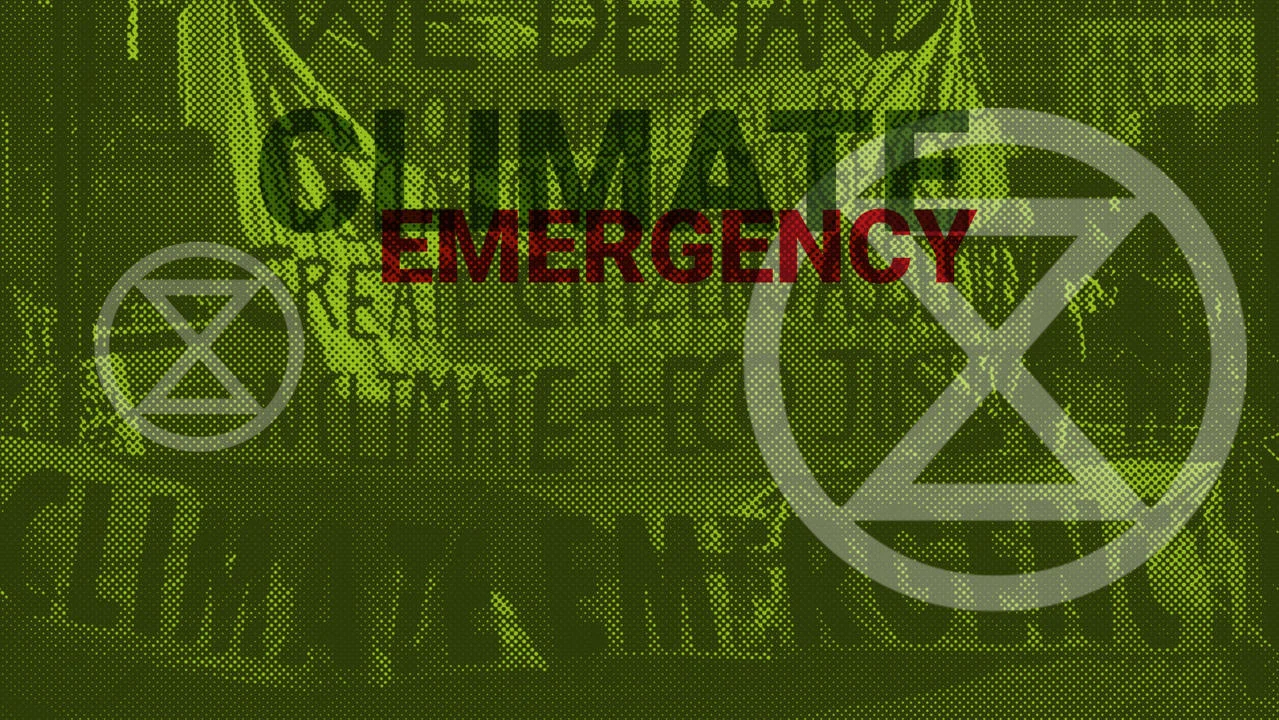We’ve declared a climate emergency – now what?

Contents
Bristol’s Green Party councillor, Carla Denyer, proposed the UK’s first climate emergency motion in autumn 2018. A wave of similar declarations followed quickly across the UK, with over three-quarters of local authorities as well as universities, the UK Parliament and many other organisations, declaring a climate emergency. Although there is no universally accepted definition for a climate emergency declaration, many of the pledgees have committed to becoming carbon neutral by 2030, a much more ambitious target than the UK government's pledge to reduce the UK's carbon emissions by 100 per cent - compared to 1990 levels - by 2050.
Alongside their declarations, councils have announced a range of initiatives. Hackney is creating and retrofitting sustainable homes, Cornwall is investing in wind turbines, while Dundee council is building a sustainable transport system. But early progress is at risk of stalling, with central government finances under pressure due to a global pandemic that has seen borrowing reach a peacetime high. At a local level, the Institute for Fiscal Studies found councils in England faced a £2bn shortfall in 2020, due in part to the impact of the COVID-19 crisis.
How can declaring a climate emergency lead to change?
To examine how local government could navigate climate governance challenges, the LSE-based Grantham Research Institute on Climate Change and the Environment and the Place-Based Climate Action Network hosted a Local Government Climate Emergency declarations roundtable. Held at the beginning of March as part of the LSE Festival 2021, the event gathered together experts from local government, think tanks, academia, the private sector and public policy to discuss how local government interacts with central government, and why public engagement will be key in the next stage of tackling the climate emergency. To encourage frank and open debate, the event was held under Chatham House rules, and so we have not named any of those quoted below.
The roundtable began with presentations of two pieces of research: "Research on climate emergency declarations" conducted by Dr Candice Howarth, Professor Sam Fankhauser and Dr Matt Lane, and "Work on the role of citizens and politicians in driving local climate action" led by Professor Rebecca Willis. Case studies on creating a carbon budget tool with Greater Manchester and the Croydon Climate Crisis Commission were also presented before the panel turned to a general discussion.
Councils must consider the big picture, from green housing and carbon offsetting to flooding and heat risk
A key question for me is why is the national government not devolving more of these powers? Why is climate policy so top-down?
One of the problems with many of the climate emergency declarations, as raised by one panel member, is that the focus is almost exclusively on mitigation policies, such as green housing or carbon offsetting, while "less than 12 per cent of declarations mention adaptation to climate change", such as addressing the risks of climate change like flooding and heat.
This shift will require a cultural change in attitudes to councils' climate change policies. One participant said: "When we think about adaptation versus mitigation, we must remember these require very different skillsets. There’s a big difference in thinking about emissions reduction for example in mitigation, and thinking in the risk assessment mind-set required for adaptation."
The panel agreed on the importance of public engagement led by councils, with a panel member highlighting that while councils could appear to be defensive when consulting with residents on their sustainability policies, instead they should recognise the benefits that increased engagement can bring to both residents and policymakers.
Local authorities can bring together the wider community
"Councils don’t hold all the levers, but they do have some, and moreover they can act as a catalyst for wider action," one participant said. "We really want it to be a plan for the borough rather than a plan for the council. In this sense there are wider stakeholders across the borough, and the council can play a key role in holding these stakeholders together."
An additional benefit of empowering local activity, it was argued, is that this will help ensure a variety of voices and encourage the involvement of people who otherwise might not participate. Members of the panel noted that local authorities are likely to be the best vehicle for widening engagement, with one contributor saying: "As well as participation, we need to have deliberation with a cross-section of society, capturing the thoughts and views of people who might not ordinarily be drawn to a climate change public meeting."
Councils don’t hold all the levers, but they do have some, and moreover they can act as a catalyst for wider action.
Are the climate policy aspirations of central government too timid?
Members of the panel felt there is a mismatch between public attitudes, which generally favour a stronger response to climate change, and the timid policies emerging from central government. One panellist suggested that until government ministers have a better understanding of where public attitudes are, the UK government is likely to continue climate policy by stealth, with policies such as energy consumption taxes for example.
Local councils could be part of the solution in closing the gap between national and local level if given additional powers that more closely reflect people’s views. One panellist said: "There is a coherent demand coming from local government for more powers around housing and transport services, more resources, and responsibilities to act on climate change. But a key question for me is why is the national government not devolving more of these powers? Why is climate policy so top-down? We can see problems with this approach in things like the Green Homes grant."
Where central government could make a valuable contribution was by helping councils implement far-reaching climate policies that are consistent across different regions. One contributor said: "While there is a very broad appetite for action, the capacity to deliver it differs hugely across local areas. There is a need to think about how we can achieve more uniform, good action, across areas when this difference in capacity exists."
While many topics were touched on, there were clear takeaways from the discussion. It was acknowledged that local authorities face challenges in enacting climate policy, and that supporting local authority cross-learning and cross-working will be an important aspect in spreading best practice and scaling up action. It was also agreed that there is a vital role at the local level for wider networks and stakeholders – beyond councils – including the public and private sectors as well as citizens. Finally, the issue of devolution of power and resources in climate policy is important, but should be achieved through a careful framework that clearly sets out where different responsibilities sit at different tiers of government.
This roundtable discussion was written up by Peter Carrol, Media Relations Officer at LSE.
Download a PDF version of this article





